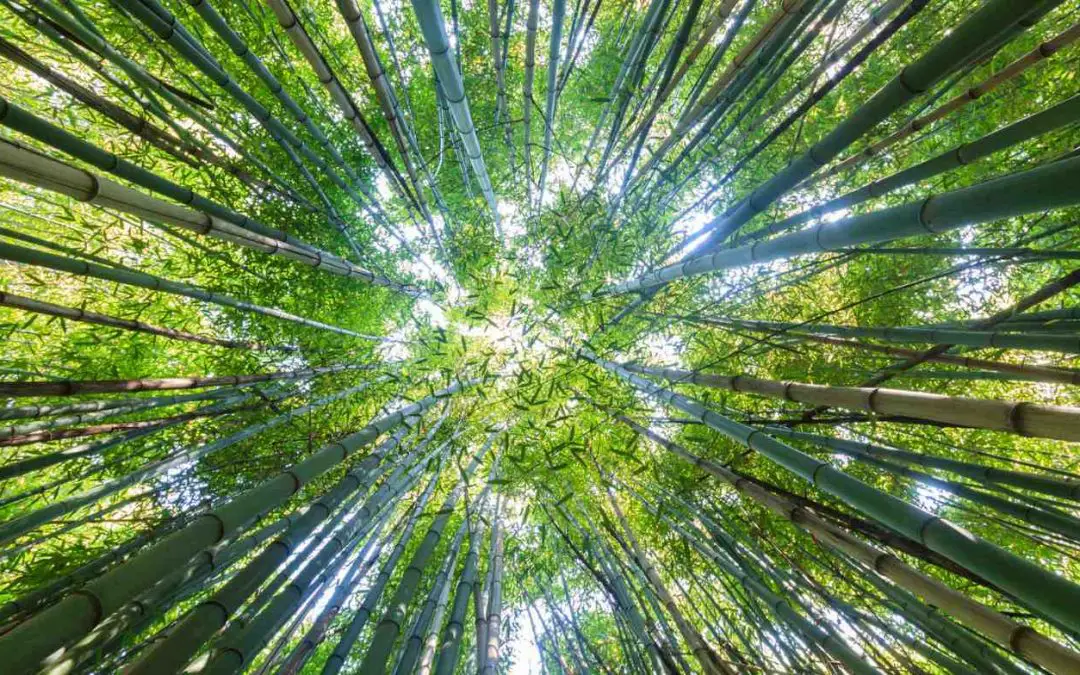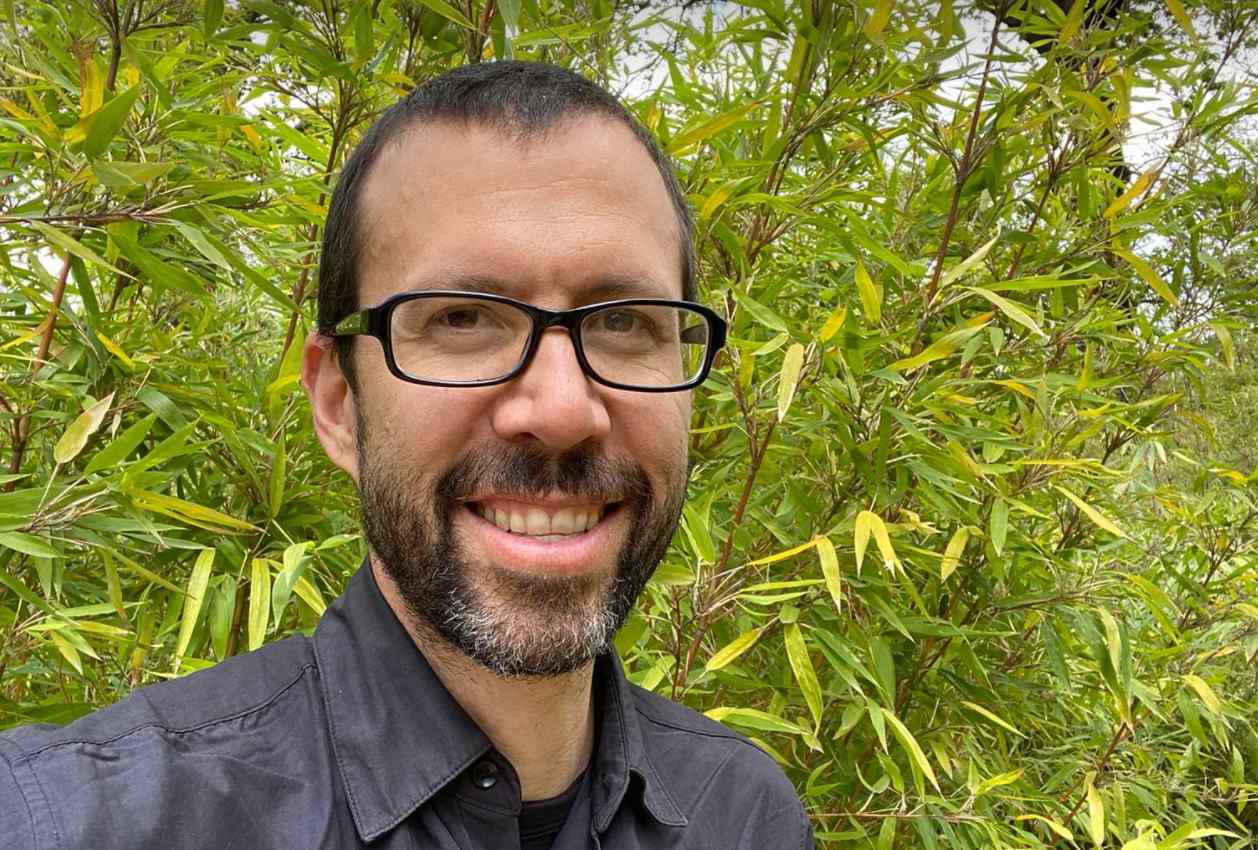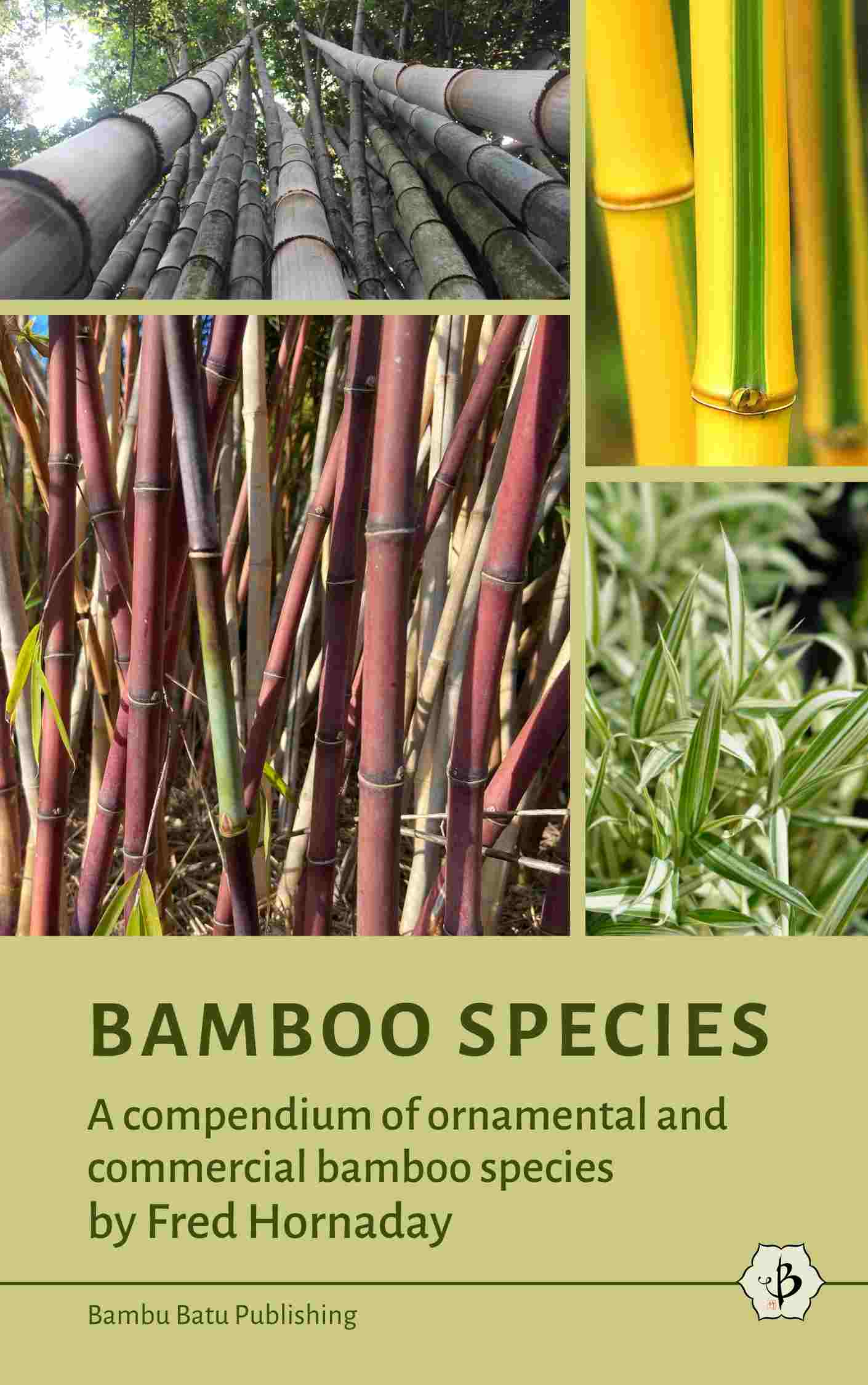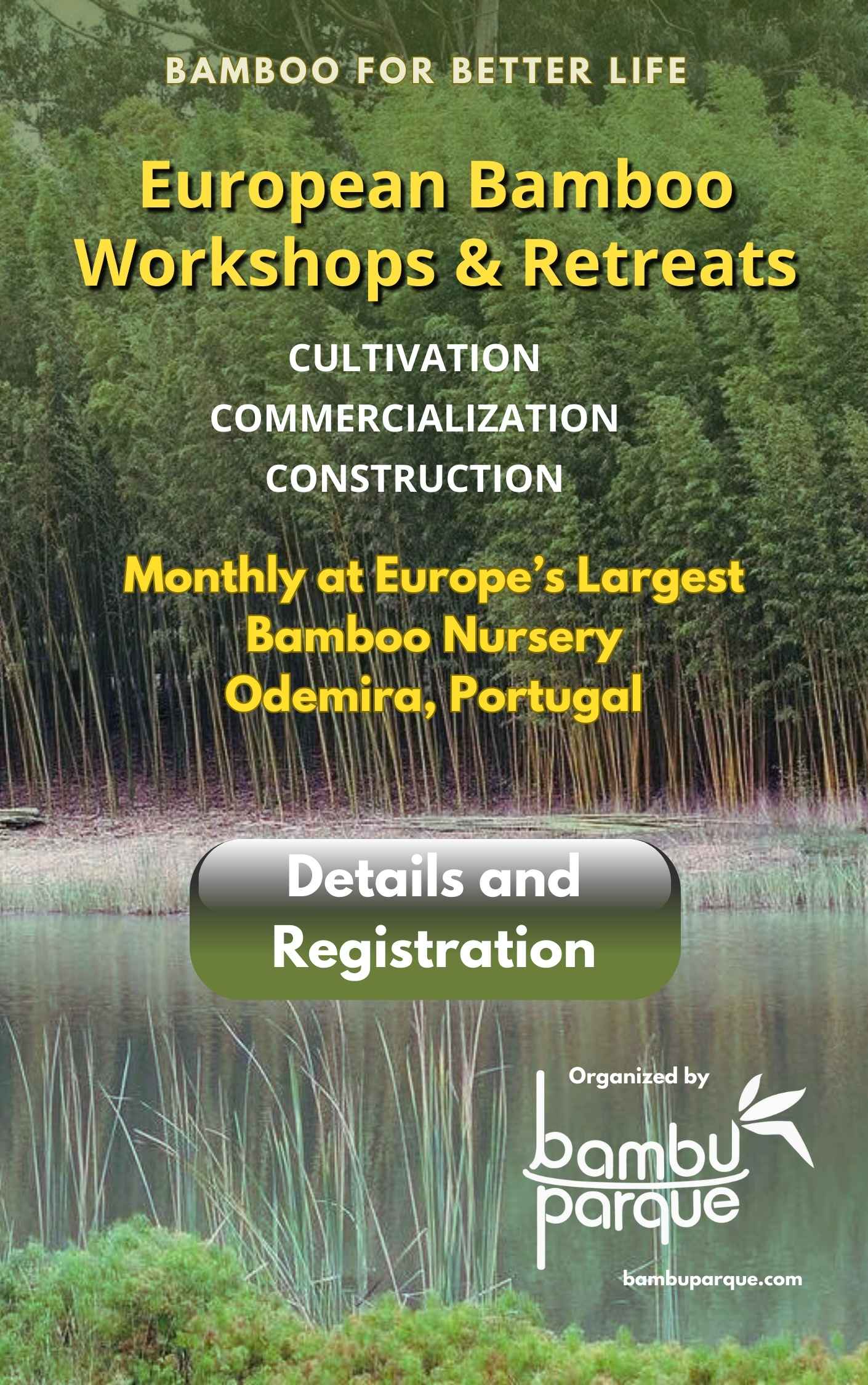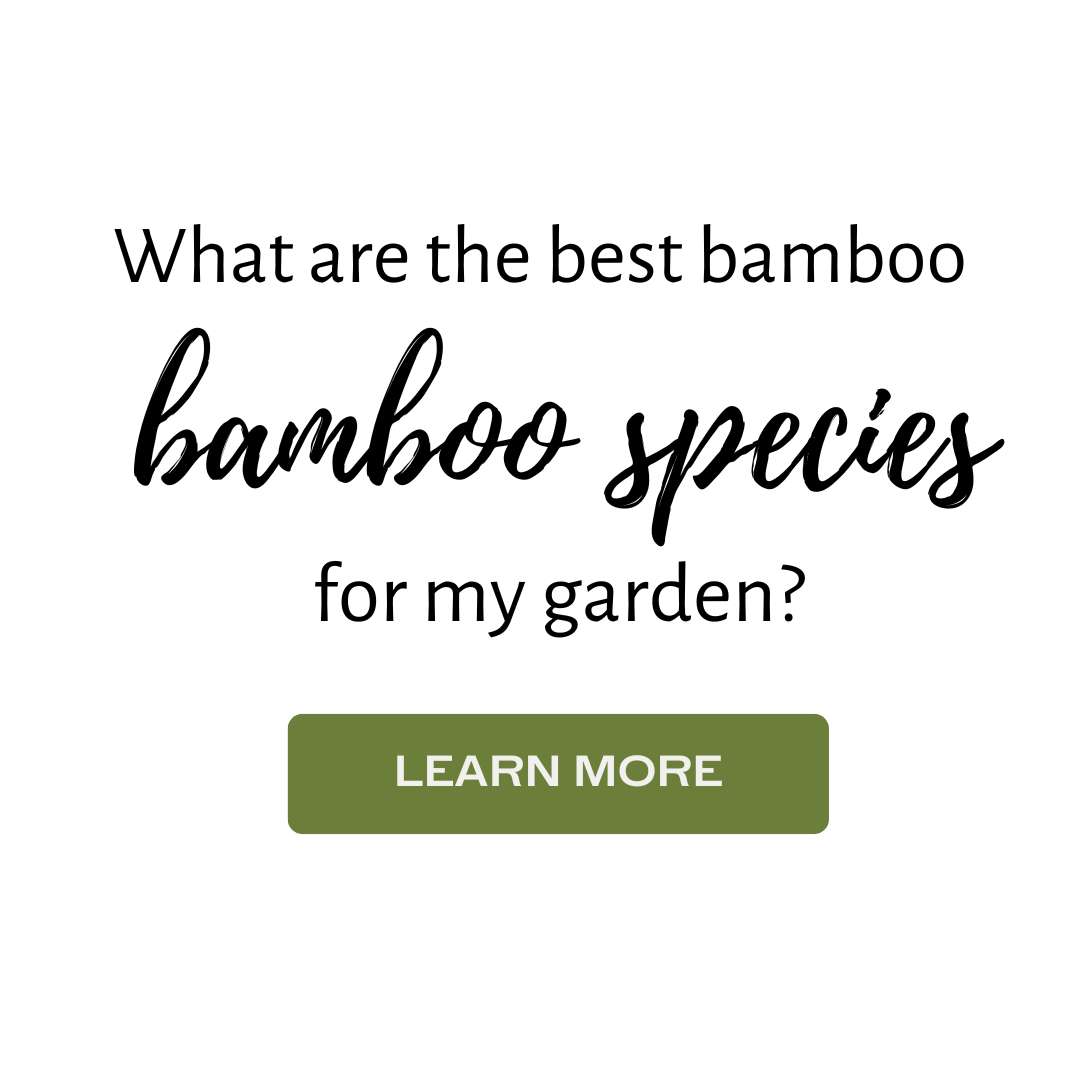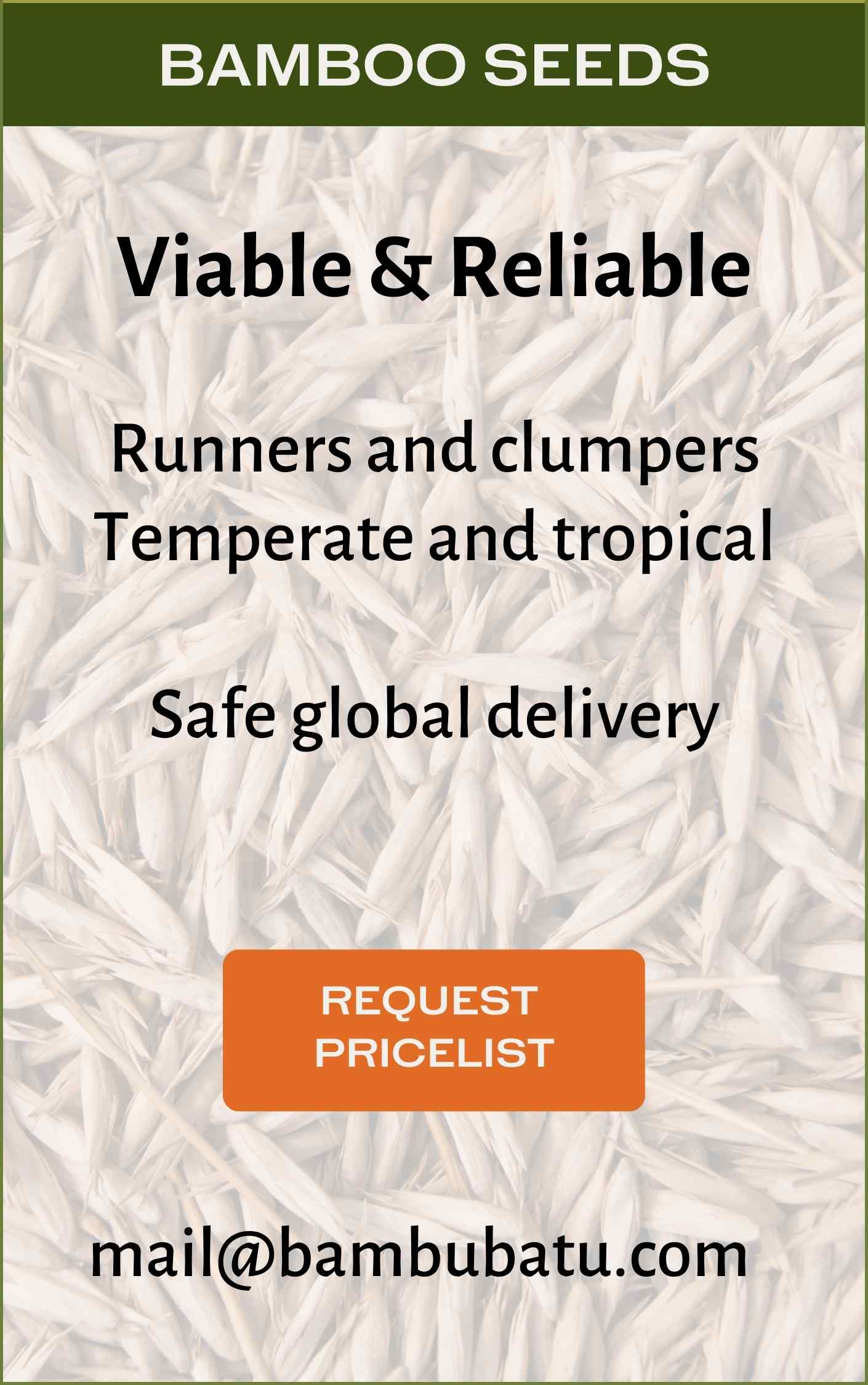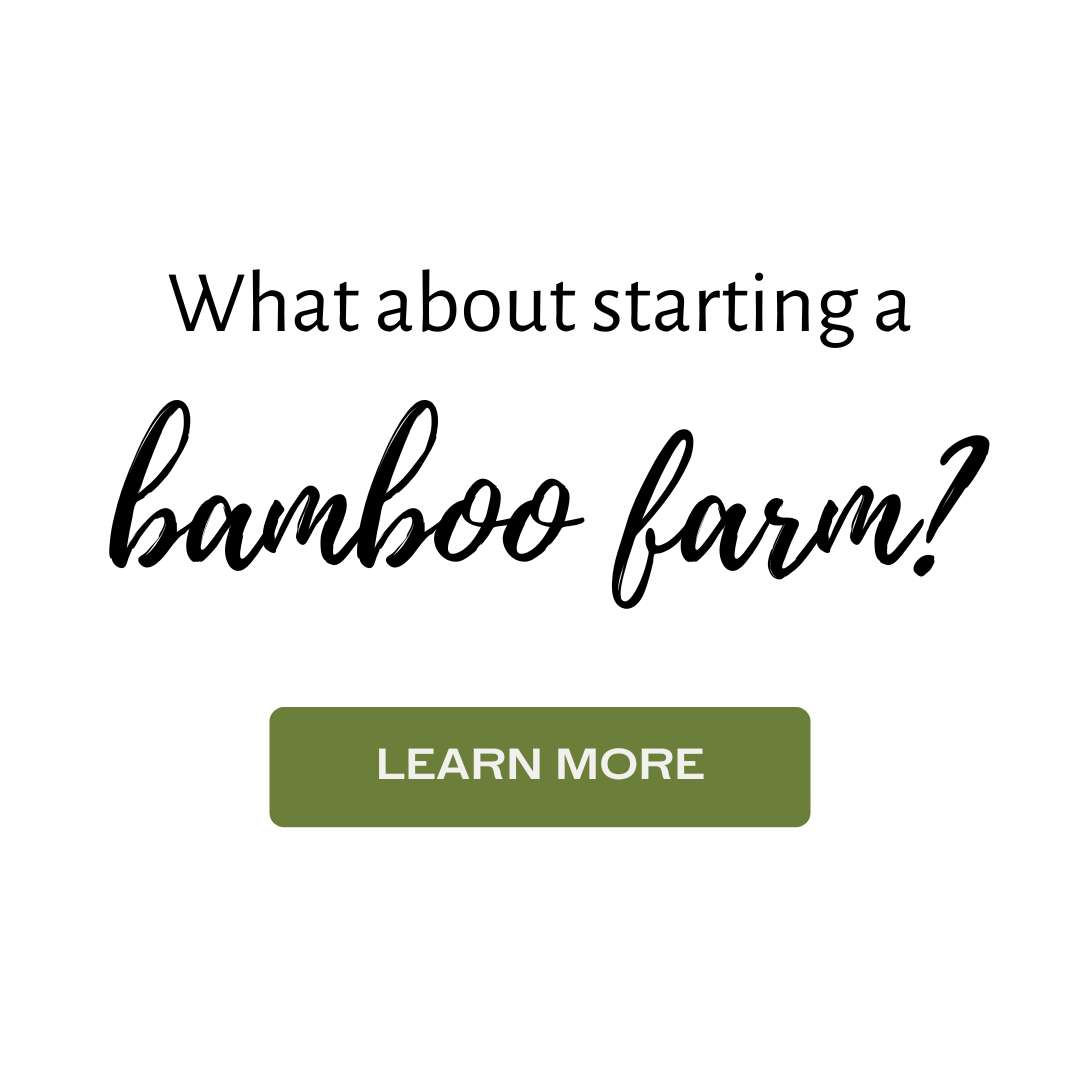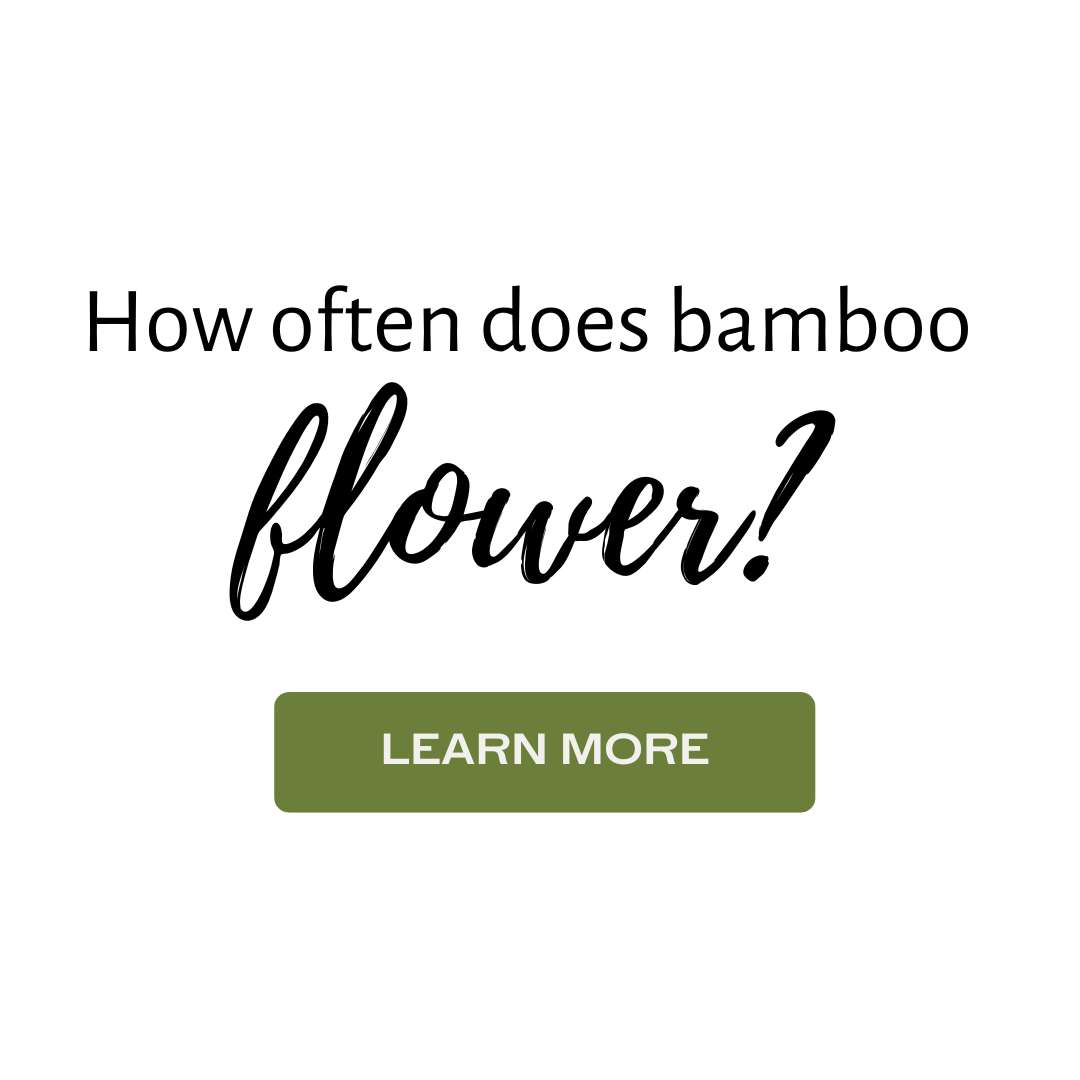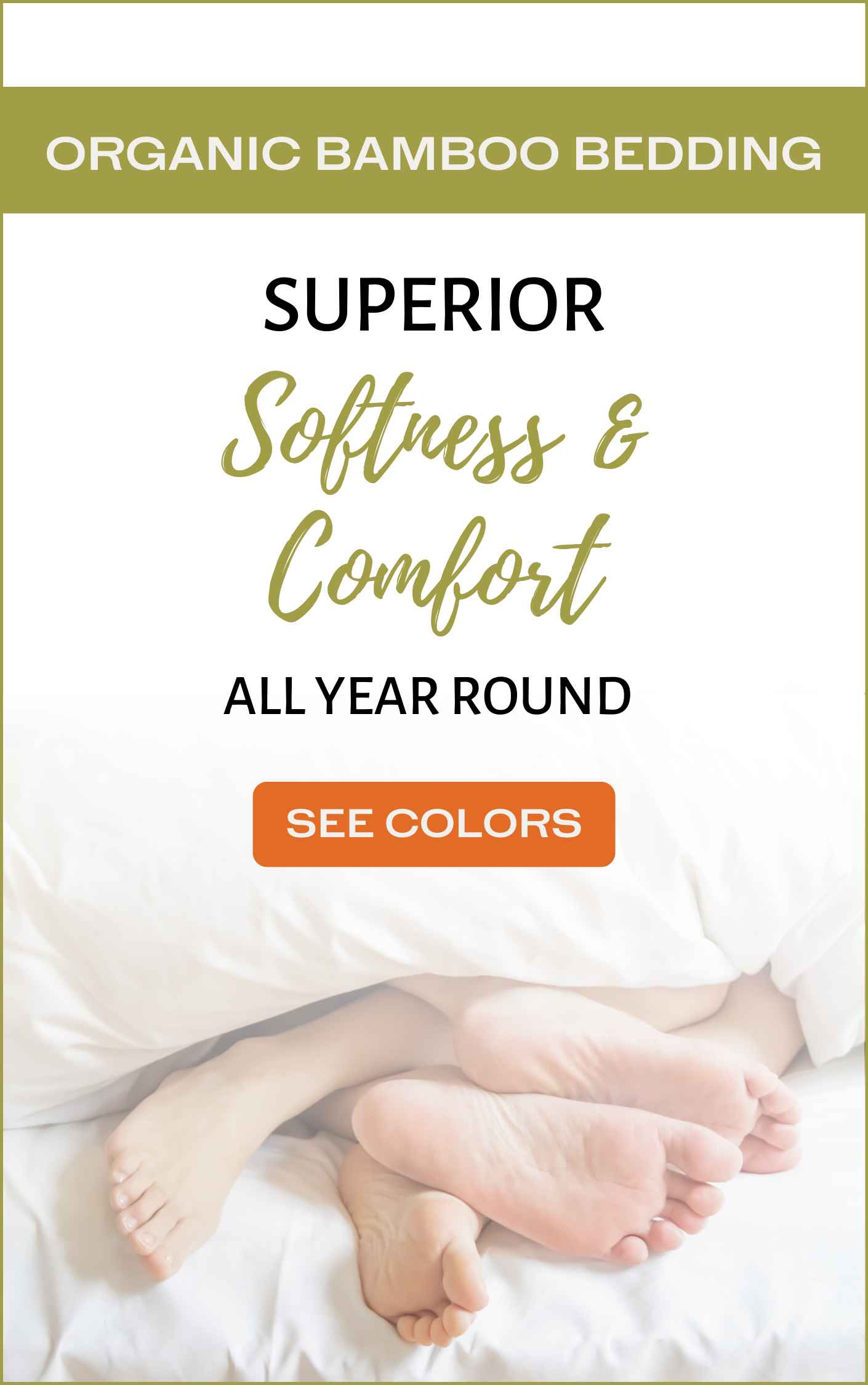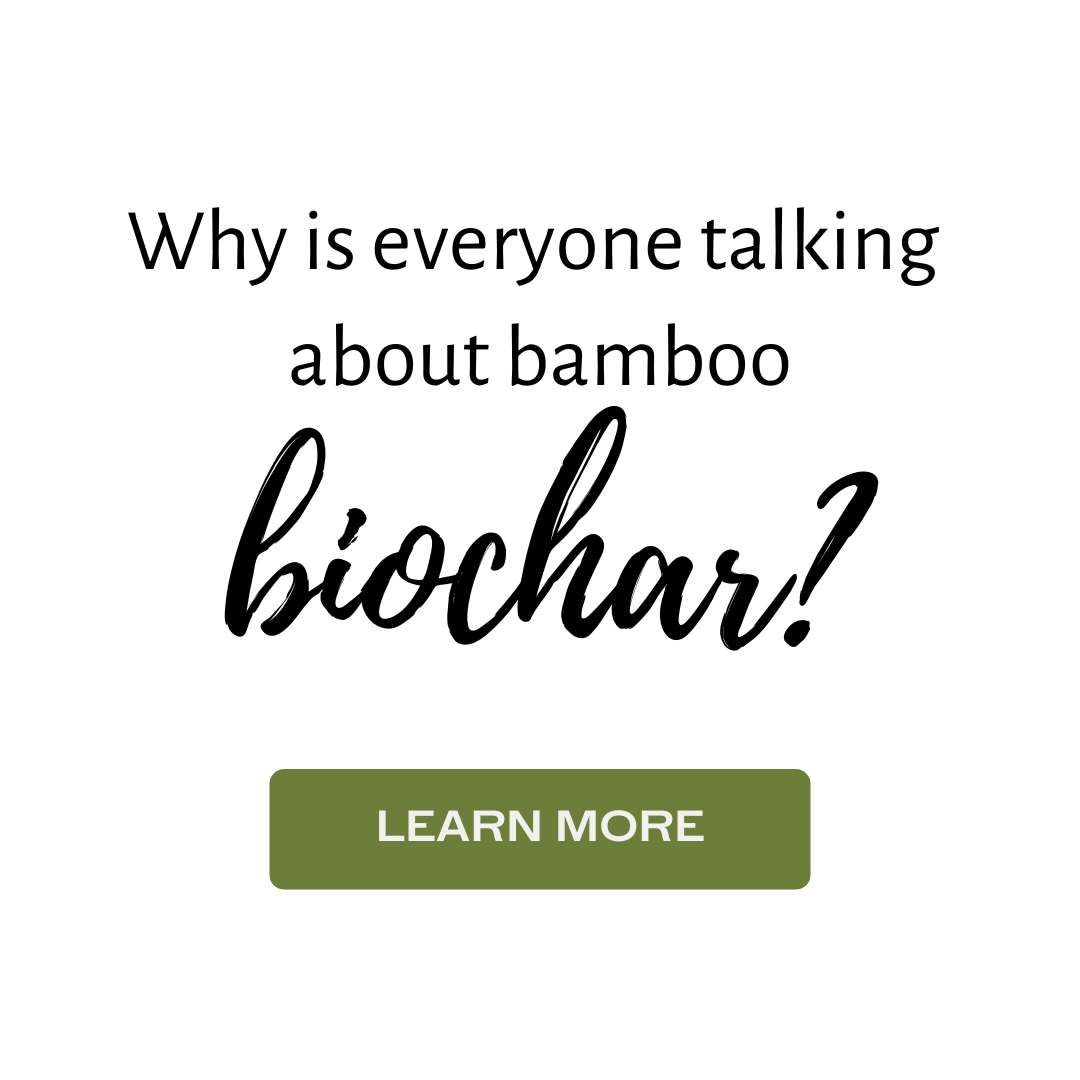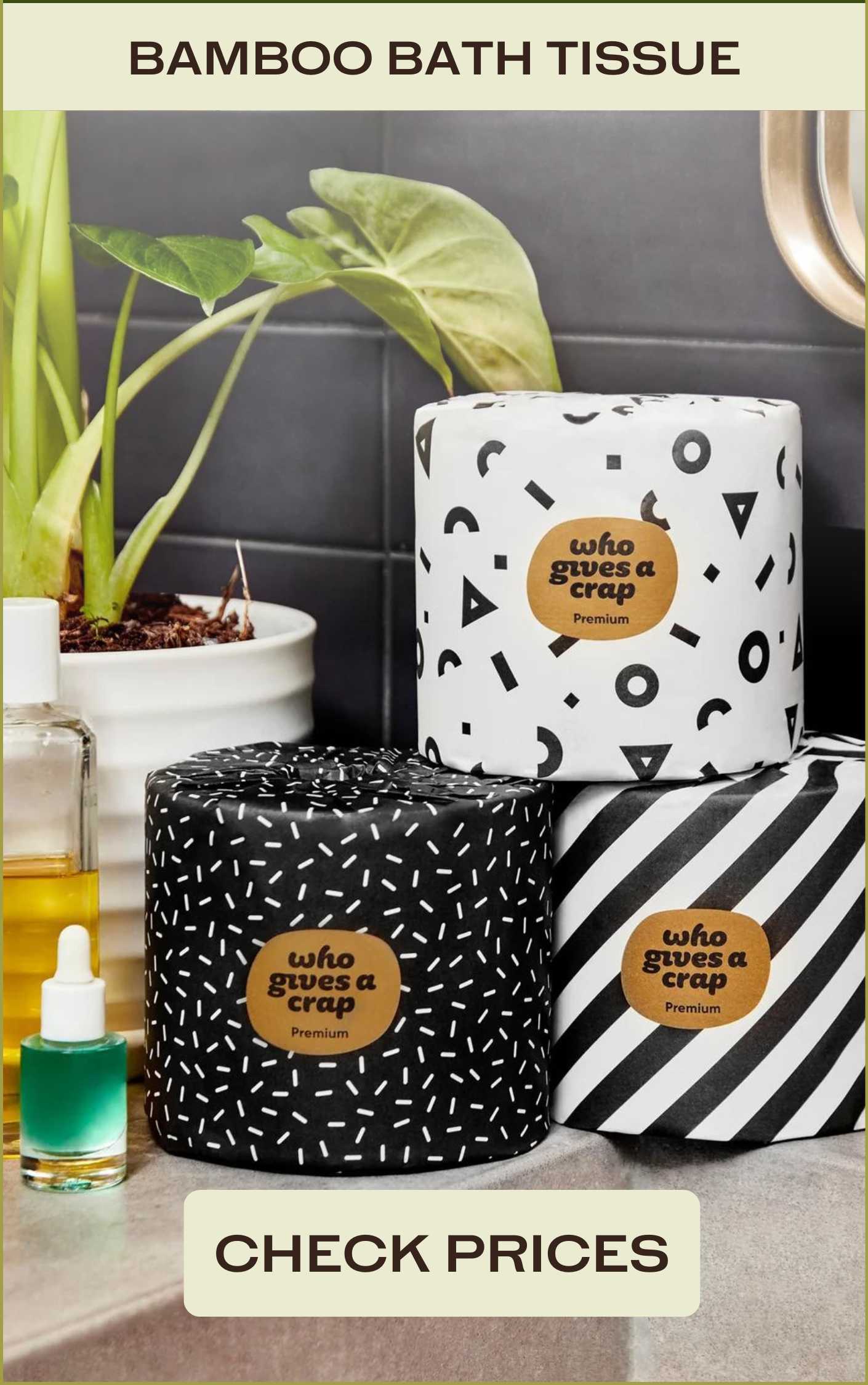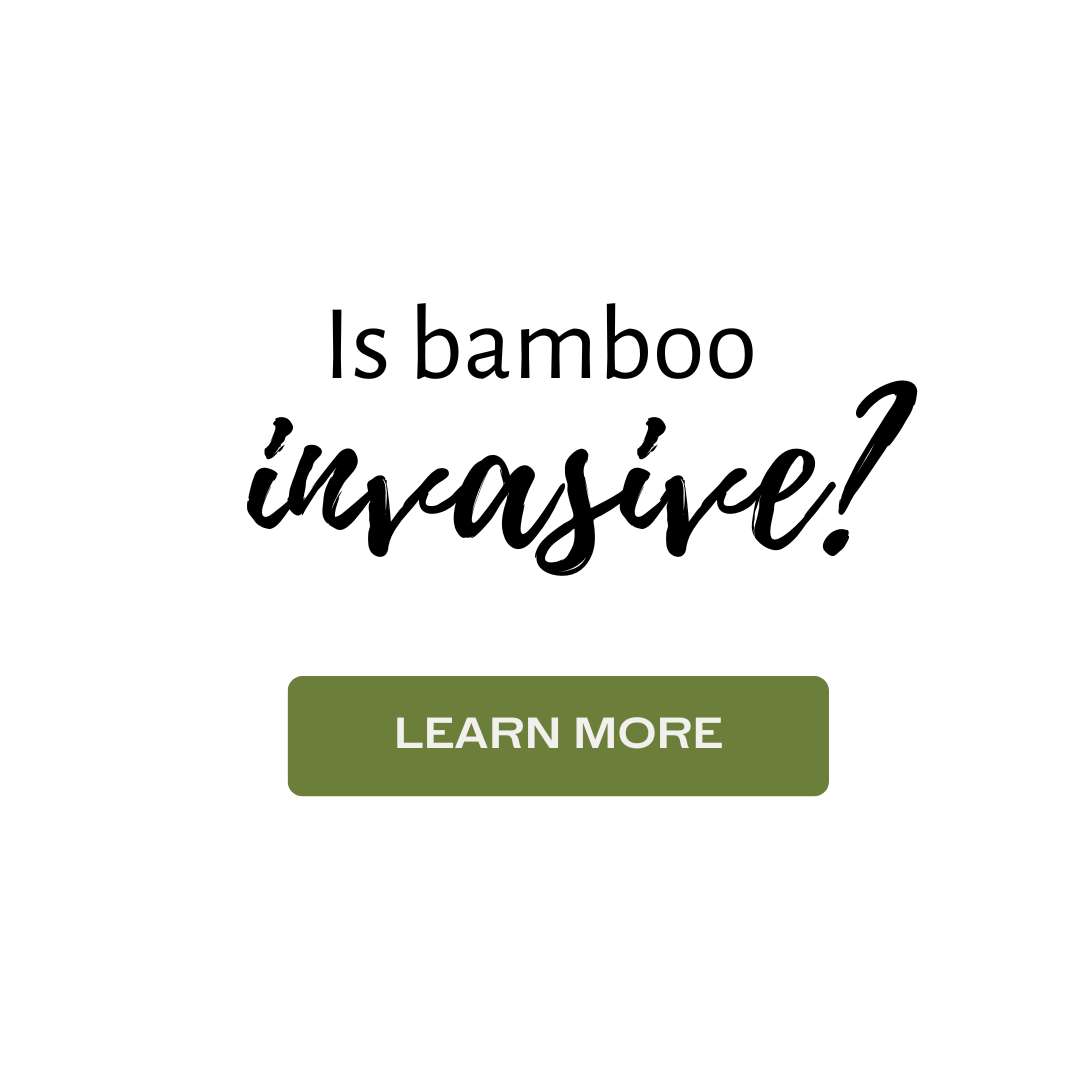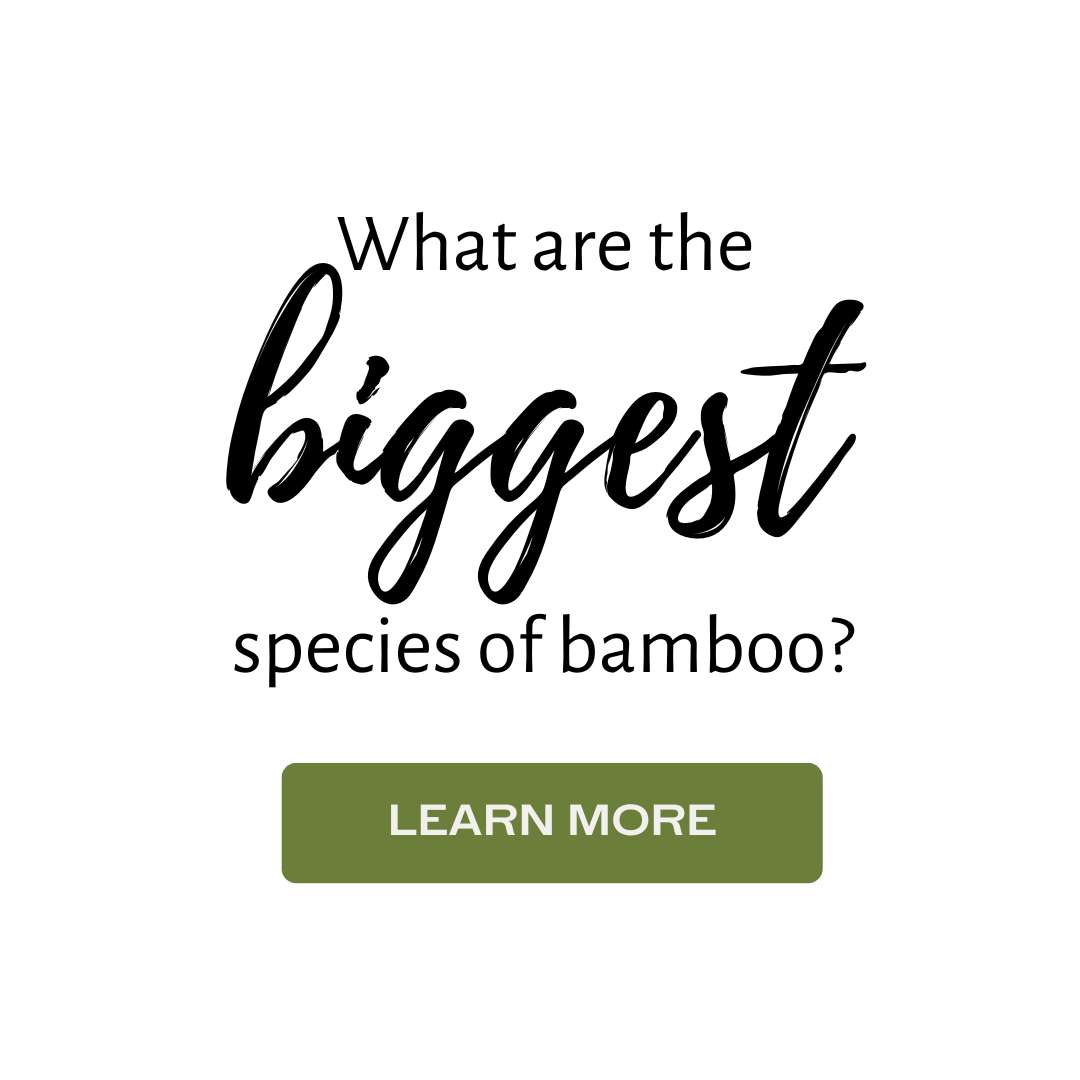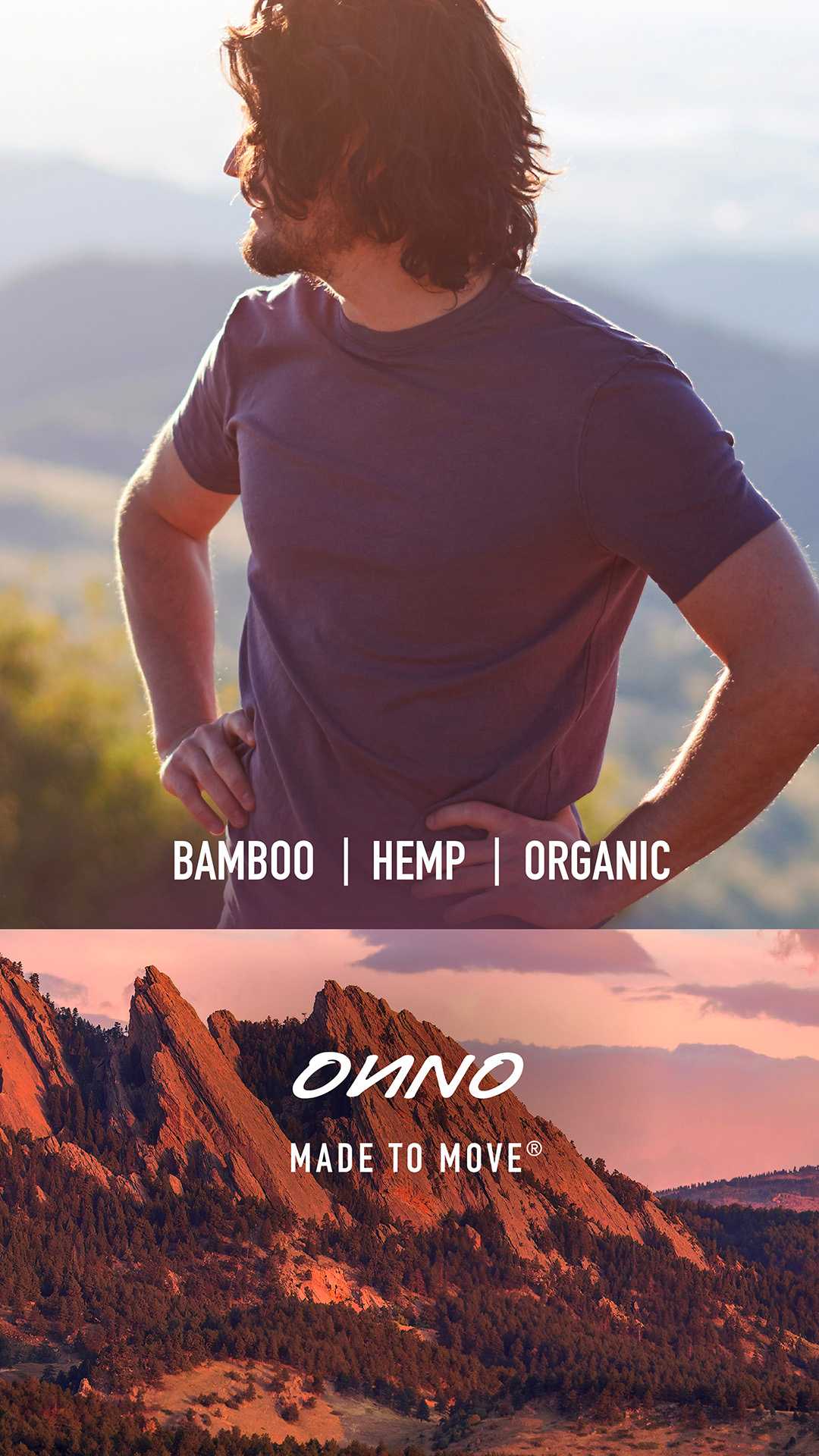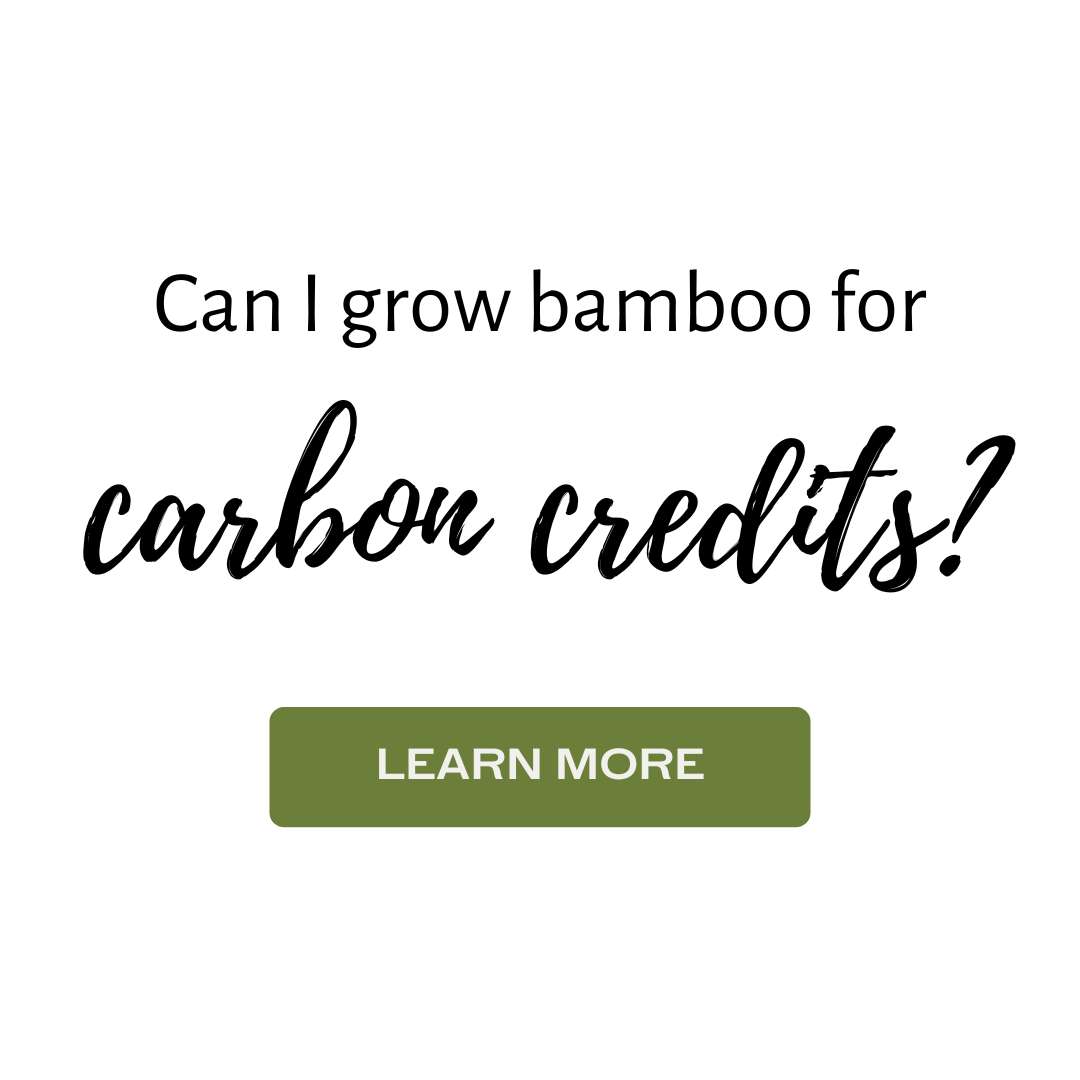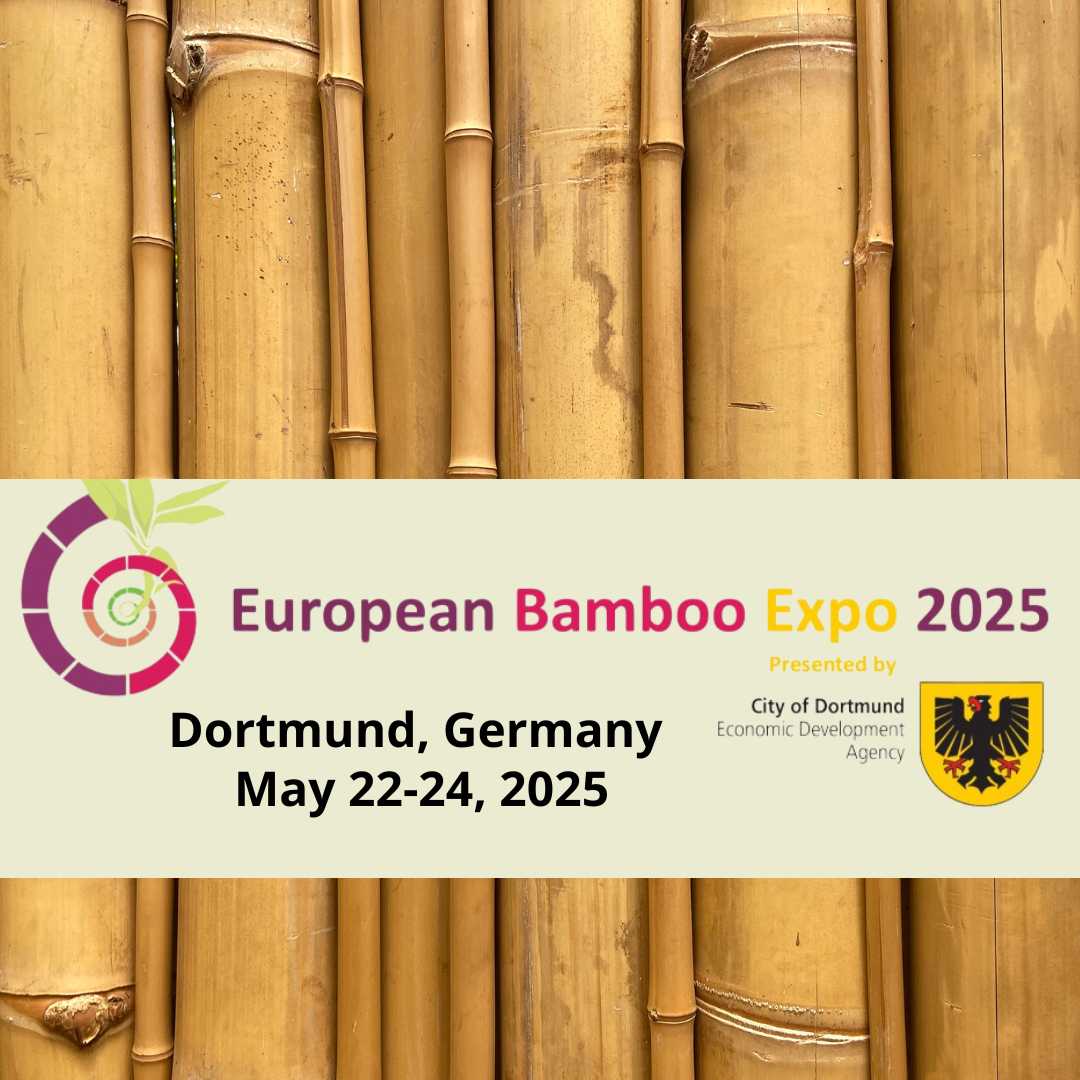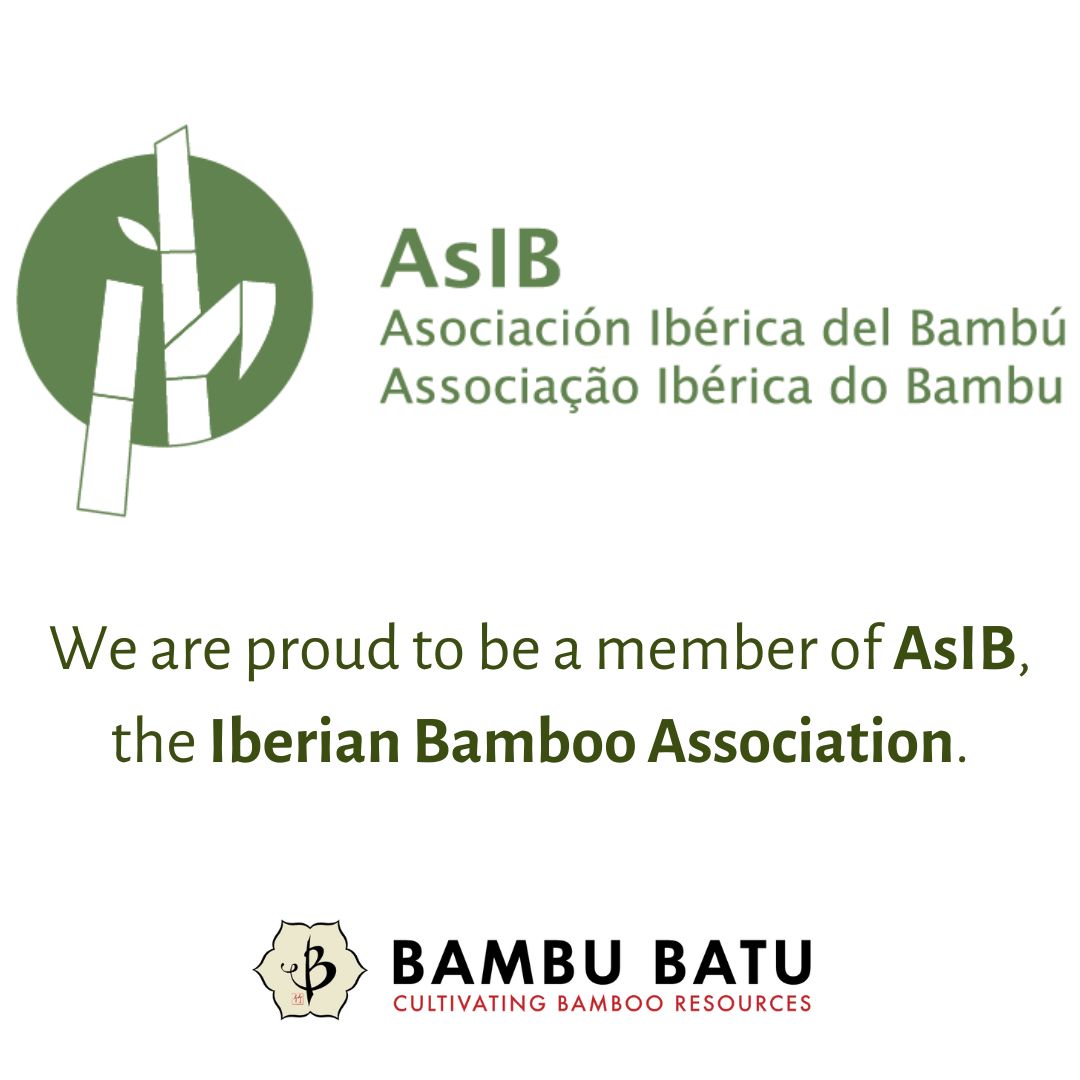The news is out. Bamboo can do anything. It’s the fastest-growing plant on earth, and nothing is more sustainable. Well, ok, those are some pretty bold claims. Yes, bamboo grows and renews itself with amazing speed, but sustainability is a complex thing to measure. And not every bamboo farm is planted equally. So how do you source the most sustainable bamboo of all?
Bamboo is a remarkably renewable and sustainable resource, but the true measure of sustainability is in how the bamboo is cultivated and harvested. If you’re buying and using bamboo for its environmental advantages, then you’ll want to source the most sustainable bamboo you can find. In order to do that, you’ll need to do some deep investigating, or hope that the supply chains from field to port to port to warehouse are all perfectly transparent.
Defining Sustainability
It takes a lot more than just the right crop to make a farm sustainable. Bamboo can grow quickly, renew itself, and sequester significant quantities of atmospheric carbon. But to get the most out of bamboo, and to maximize its ecological potential, a bamboo plantation needs to be carefully managed and strategically harvested.
What does that mean exactly?
Planting bamboo sustainably
To begin with, there’s the planting of the bamboo. Due to the high demand for bamboo, struggling farmers in developing countries may be tempted to clearcut existing forests in order to grow more profitable bamboo. But replacing a native forest with a monoculture of bamboo is not sustainable agriculture.
The best places to plant bamboo and reap the environmental benefits are on degraded or abandoned lands whose soil has been over-farmed and depleted. Bamboo is also ideal on terrain that has already been spoilt by disaster, either natural or manmade, including mining, deforestation, fire, or flood.
Because of bamboo’s low nutrient requirements, it can perform better than most other plants in poor-quality soil. It also has the ability to establish itself quickly. And once it does, its tenacious roots are excellent for holding the topsoil together and preventing further erosion. As the roots spread and bamboo leaves fall and decompose, they break down into humus that will contribute to healthier topsoil.
Harvesting bamboo sustainably
The method of harvesting the bamboo is also paramount to the sustainability of the plantation. The fastest, cheapest and easiest strategy is to go in with a tractor and clearcut entire swaths of bamboo at once. But, of course, fast, cheap and easy is the antithesis of sustainability.
For the best results, that is the highest quality poles and the healthiest bamboo, only the most mature culms should be harvested. Younger poles should be left to thicken and harden. As this is done, the next generation of shoots will rise up to fill in the gaps.
If older poles are left to age past their prime, they will gradually lose their vitality, beginning to dry out, split, and decompose. At this point, they are also releasing carbon back into the atmosphere. When healthy, mature canes are harvested, the carbon is locked into the tissues and fibers. The carbon can remain there for many years in the form of hard goods like engineered bamboo lumber.
Labor and Manufacturing
For many consumers, the most important factor in the life of a bamboo product is the working conditions surrounding the manufacturing process. The sustainably grown bamboo loses its appeal if children are missing school to work in an overcrowded factory to sew your bamboo socks.
The temptation to source cheap labor is sometimes irresistible when you’re running a small business and trying to make ends meet. Fortunately, there are a variety of third-party organizations that can inspect and certify factories to guarantee their safe and healthy conditions. And there’s no shortage of bamboo companies who have real principles and values regarding human rights and environmental justice. But that doesn’t mean that they all do.
Sourcing for Sustainability
The average consumer probably doesn’t have the time or the resources to conduct this sort of research. Diligent manufacturers can take the steps to get their products or their facilities certified, but this isn’t always easy or feasible. And for many small companies, it’s just another expense on top of the cost of conducting business ethically. And these expenses just make it harder to compete in an already fierce marketplace.
I haven’t had the chance to fly around the world and inspect every bamboo farm and factory either. But after more than 15 years in the industry, I’ve definitely cultivated a handful of reliable sources for sustainable bamboo. And I’ve learned a few things to look for.
Sources of Sustainable Bamboo
The following is a very short list of just a few of the most sustainable and socially responsible bamboo producers I know of. Certainly, there are hundreds and possibly thousands of bamboo enterprises, both big and small, who grow bamboo responsibly and produce their wares ethically.
These are just some that I’ve known or worked with for a long time. If you know of others that absolutely deserve a place on this list, please let us know, and we’ll look into it.
Bambu
By now, there really are hundreds of companies out there making bamboo cutting boards and utensils. I started buying merchandise from Bambu back in 2006 and was immediately impressed by the quality. They’re based in Oregon and manufacture a beautiful line of bamboo kitchenwares from China.
Now supply chains in China are not really known for their transparency. But Bambu is the only bamboo kitchen company I know of that has their bamboo certified organic, not by a Chinese agency, but by the USDA. The owners reside in Shanghai and conduct regular inspections to ensure fair working conditions. They even label their products as “Proudly made in China.”
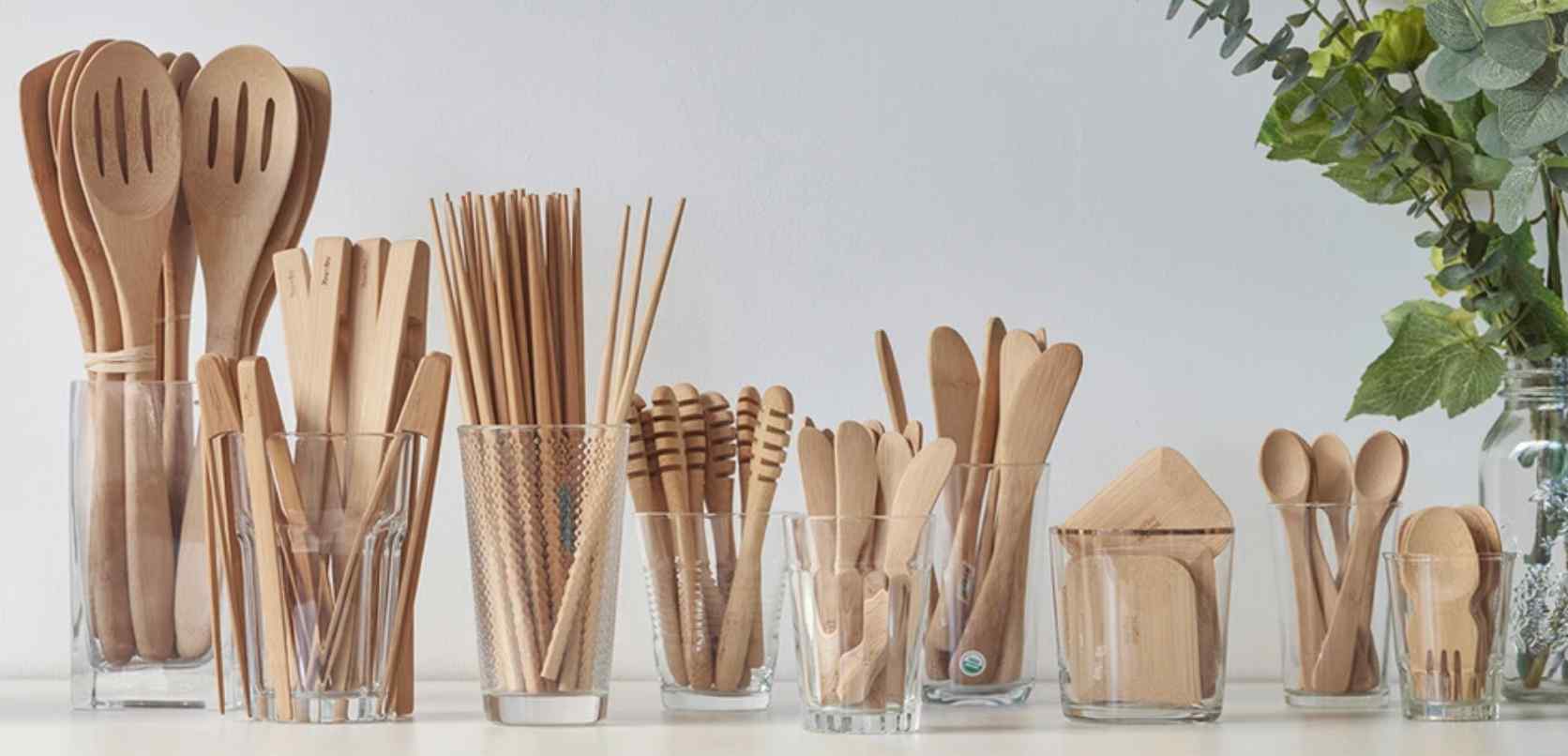
Bambu is also very conscientious about minimizing its packaging materials and eliminating the use of plastic. They often blend their bamboo with other sustainable materials like hemp, cork, and organic cotton. To promote their environmental values more widely, Bambu also partners will several organizations including the Nature Conservancy and the World Wildlife Fund.
So when I see other brands of bamboo boards and utensils in a hardware store that weigh half as much and sell for a fraction of the price, I naturally have suspicions about their quality and practices.
Order Bambu products directly through their website or contact them to discuss larger, custom orders.
Indo Bamboo
Based in Indonesia, Arief Rabik is one of the world’s leading experts in bamboo cultivation and bamboo construction. I would argue that no one understands the difference between commercial bamboo farming and sustainable bamboo agroforestry as well as Rabik.
Rabik is the mastermind behind the 1,000 Bamboo Villages Project, as well as the private company, Indo Bamboo. He and his team are seriously passionate about growing bamboo in the most sustainable way possible and training others to do the same. They process their timber bamboo, primarily Dendrocalamus asper, to make a variety of construction materials and other hard goods.
Visit Indo Bamboo online and contact them directly to talk about placing a custom order for raw materials or finished goods.
Best Bamboo
Located in Colombia, the Best Bamboo specializes in neotropical Guadua bamboo. It’s always since to source bamboo from the western hemisphere, and many argue that Guadua is the strongest bamboo species of them all.
The Best Bamboo sells bamboo poles as well as engineered bamboo lumber. Most of their products come from CVC-certified Guadua angustifolia plantations, grown and produced in Colombia. Plantations like these play an important role in preserving sensitive habitat areas around the Amazon Rainforest.
The Best Bamboo also has a partnership with Simon Velez, one of the best-known bamboo architects in Colombia, if not the world.
They sell wholesale and ship internationally.
Bed Voyage
This is another bamboo manufacturer I’ve had the pleasure of working with for over a decade. Bed Voyage makes bamboo sheets and other textiles with certified organically grown bamboo. Bamboo normally grows organically, because it requires no fertilizers and pesticides to thrive. But few manufacturers go to the trouble of getting certified or sourcing their raw materials from certified organic growers.

Bed Voyage takes great pride in their family-like team of workers, and their products are Fair Trade Certified as well. They recently moved their manufacturing from China to India for more transparency and greater ability to oversee their working conditions.
Dig Deeper
If you found this article helpful and you’re interested in learning more about the sustainability of bamboo and the business and growing and manufacturing with bamboo, you’ll want to take a look at some of these popular articles.

